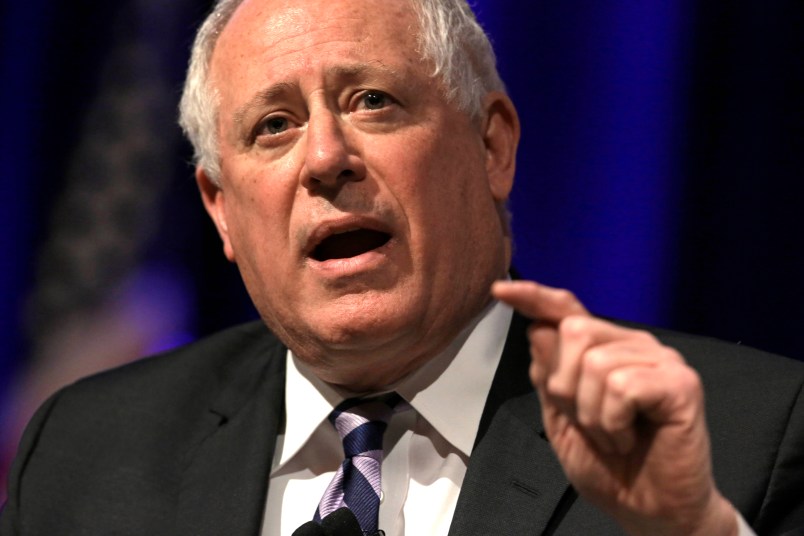Why change an historical practice that happens across cultures and continents?
In response to a Freedom of Information Act request, Chicago’s Metra commuter rail agency recently turned over a file of 800 index cards reflecting applicants for employment between 1983 and 1991 who were supported by politically powerful patrons.
While the patronage at Metra has only recently been reported, it is hardly novel in Chicago. The “clout list” maintained by former Mayor Richard M. Daley’s Office of Intergovernmental Affairs became public in 2006. Yet more than 40 city and statewide offices are officially barred by a decades-old federal court order from taking any political factor into account in hiring.
However, patronage, or relationship-based governance, is hardly unique to Illinois. Or the United States.
In China, guanxi describes the network of friends, relatives and associates that is essential to obtaining employment, conducting business, and winning confidence. The French describe “self-made man” as self-made man with no comparable direct translation, presumably because the concept of success without connections is a foreign one. Family-owned businesses in which leadership and control is passed down from one scion to the next continue to dominate the private sector throughout Latin America.
What exactly, then, is wrong with patronage?
In the words of the task force appointed by Illinois Governor Pat Quinn to analyze the state of affairs at Metra: “While there is nothing inherently improper (much less illegal) about a person recommending someone else for a job or promotion, there is something systemically wrong when such references on behalf of politically connected individuals seem to dominate and control the process to the detriment of better qualified candidates.”
When patronage results in the less qualified candidate being hired for the government job — whether it be in the position of train operator, building inspector, or information technology specialist — the public loses out. And when a community believes that patronage trumps merit in its government, its collective morale and trust in that government is eroded.
That cynicism is shared by government employees; as described in the final report of the Illinois Reform Commission convened in 2009: “Talented public servants may choose not to pursue employment in state government, while those who do so may be turned away in favor of the wrong candidates hired for the wrong reasons. Many honest, hard-working state employees put forth their best efforts each day without acknowledgment, only to see less-qualified political cronies land coveted promotions.”
Modern international anti-corruption laws urge countries to render patronage illegal. The United Nations Convention Against Corruption, a binding 2005 convention that 171 countries subscribe to as parties, provides that signatories must consider criminalizing trading in influence. The convention defines that practice as a public official intentionally using his influence to gain an undue advantage for another. The Council of Europe Criminal Law Convention on Corruption, enacted in 1999, provides the same.
Perhaps recognizing that political will to criminalize the use of political clout would be hard to come by, the Illinois Reform Commission in 2009 recommended reforming government hiring and promotions to protect those without patrons. In light of the recent disclosures by Metra, this suggestion rings true. Short of criminalization, public officials must, in personnel matters, value merit above connections and a record of achievement above political backscratching.
Regardless of location, the public trust hangs in the balance. And as any observer of history can note, just because something has worked unilaterally for centuries in many contexts, does not make it right.
Juliet S. Sorensen is a professor at Northwestern Law School, where she teaches public corruption and the law. She is a fellow with The OpEd Project’s Public Voices.






